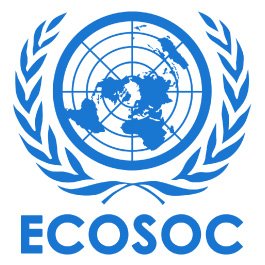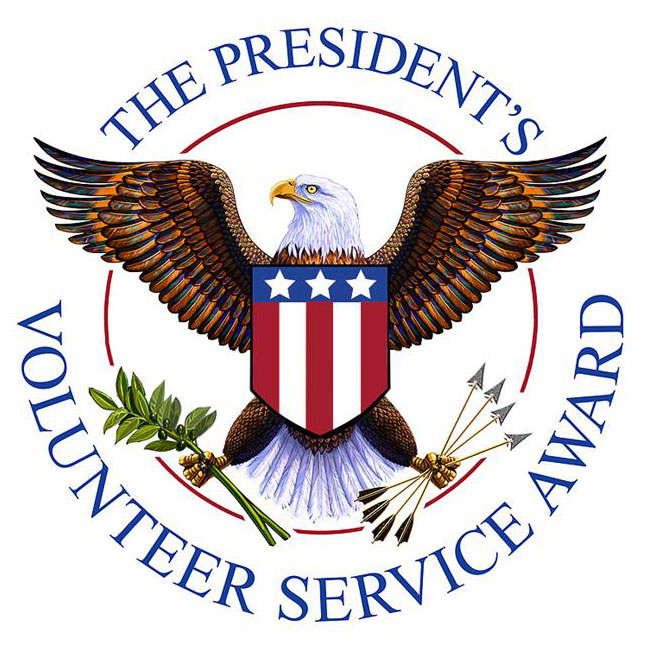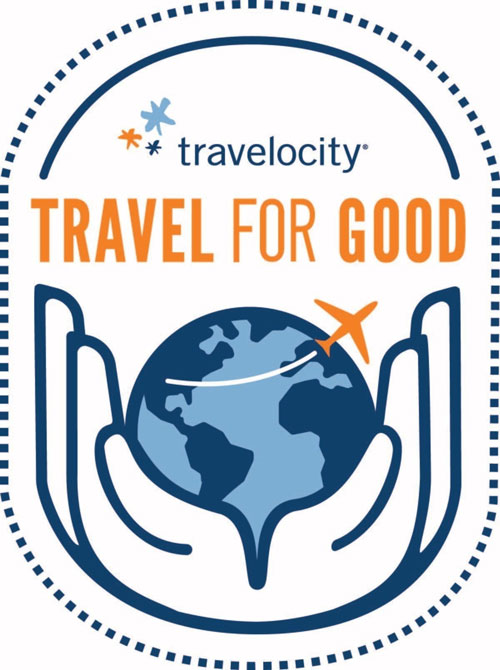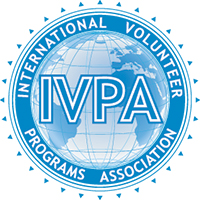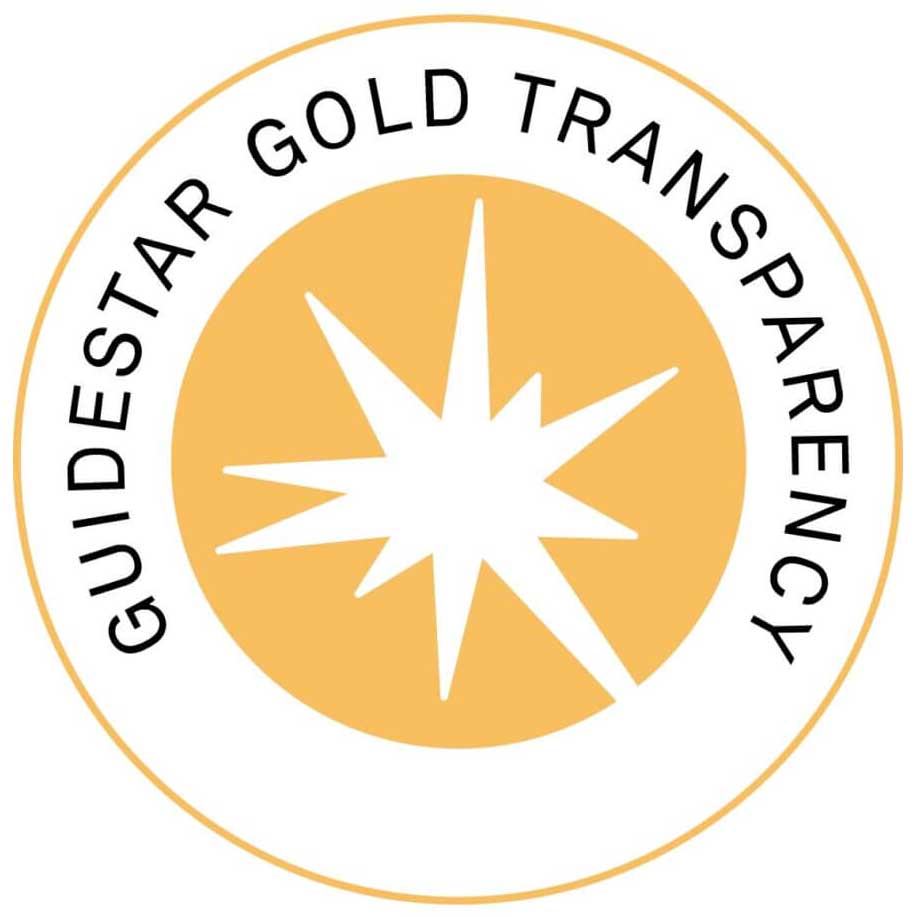Program Spotlight – from Michigan to Elephants in Thailand
Last year we spotlighted, if that’s a word, Michigan’s own Michael J. Roginski, a long-time volunteer, and back then, a first-time Globe Aware participant on his trip to the Peruvian Andes and San Pedro de Casta. Well, he’s back, this time he went to Thailand. Here is some of what he had to say about his trip, “The experience I had in Thailand was amazing! I really didn't understand the situation about the elephants until I got there.”
The rescued elephants we work with have seen really hard times (constantly chained and forced into street begging and other forms of tourism such as circuses and elephant rides). There are definitely some sad stories associated with these elephants. But, they are free now and are well cared for, thanks to many caring humans including the volunteers who help by taking part in our “Sustaining Thailand’s Treasures” program.
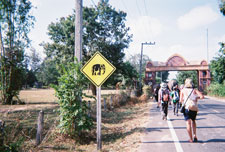 Mike did his part by helping with the maintenance and cleaning of the area where the elephants lived, cutting down sugar cane, and taking the elephants for walks with the mahouts, he says, “The people were friendly, the accommodations were good, and the food was fantastic! I encourage future volunteers to go there for an experience you won't forget.” Mike did his part by helping with the maintenance and cleaning of the area where the elephants lived, cutting down sugar cane, and taking the elephants for walks with the mahouts, he says, “The people were friendly, the accommodations were good, and the food was fantastic! I encourage future volunteers to go there for an experience you won't forget.”
There are currently 12 elephants on the project, each of which has to be fed daily and great care must be taken to keep the rescued elephants healthy. Volunteer fees allow the mahouts (care-takers) to spend more time with their elephants and to tend to their daily needs, rather than quitting and seeking higher paying jobs to support their own families.
This project would not exist if it weren’t for the volunteers. Through your participation, you provide employment and badly needed economic revenue that helps to ensure that the mahouts and their families stay in Surin and do not return to the streets of Bangkok.
The mahouts in Surin are elephant owners, and they are free to leave the project at any time. In order to prevent this, we must provide rewarding, financially stable, and sustainable employment for the mahouts and their elephants. This can be supported with both tourism, and the donation included in the program fee. We must also demonstrate that our style of free ranging, natural elephant tourism is the BEST alternative to street begging and other forms of elephant exploitation.
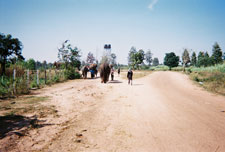 Currently at Surin, there is a daily elephant show and a small amount of elephant riding. We must effectively provide an alternative that is more enjoyable for visitors, more financially appealing to mahouts, and is in the long-term best interests to the elephants. Most importantly, our project must appear as a viable business alternative. The Surin government is already interested in what we have to offer. Our job is to show them how sustainable elephant tourism can attract tourism, and bring money into the region. Currently at Surin, there is a daily elephant show and a small amount of elephant riding. We must effectively provide an alternative that is more enjoyable for visitors, more financially appealing to mahouts, and is in the long-term best interests to the elephants. Most importantly, our project must appear as a viable business alternative. The Surin government is already interested in what we have to offer. Our job is to show them how sustainable elephant tourism can attract tourism, and bring money into the region.
Taking care of elephants is a demanding task that these full-time mahouts handle day in and day out. Volunteers provide invaluable help through building shelters, digging irrigation canals, bathing elephants, making compost from elephant dung, and cutting and planting elephant food (an elephant eats 500-600 pounds of food every day!, usually a combination of fruit, sugarcane and grass). In Surin, where nothing grows naturally, it is a huge job to find food, and many mahouts get up in the middle of the night to feed their elephants. Most importantly, volunteers help create the opportunity for elephants to get off chains and behave naturally. There is a night where volunteers can choose to camp out by the river with the elephants. Most of the volunteer’s time is spent with and near the elephants. Here is picture of the regular accommodations at the site.
Revenue from the volunteer program is invested directly into the local community, and the mahouts will see the value in bringing their elephants home to Surin, they are not only finding secure jobs for themselves, they are also helping their entire community.
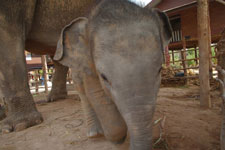 The Gwi people (most mahouts are Gwi) are traditionally known for working with elephants. Centuries ago, they were employed by the kings of Siam to capture and train elephants, care for them, and keep them in the royal stables. This relationship between humans and elephants stretches back for generations, and thus the Gwi people share a lot of traditional knowledge relating to elephant care, herbal medicines, etc. The Gwi people (most mahouts are Gwi) are traditionally known for working with elephants. Centuries ago, they were employed by the kings of Siam to capture and train elephants, care for them, and keep them in the royal stables. This relationship between humans and elephants stretches back for generations, and thus the Gwi people share a lot of traditional knowledge relating to elephant care, herbal medicines, etc.
This unique ethnic culture has evolved from the retraction of the mighty Khmer Empire, one thousand years ago, famous for creating the temple complex of Angkor Wat. Although there are now Khmer speaking people also living in Surin province, the Gwi speak a distinctly different dialect. In many Gwi communities the ancient practices of spirit worship and animism can still be found, and there is an entire series of rituals reserved for elephant related activities. During your volunteer stay with the Gwi, we will take steps to honor these beliefs, and show respect to their revered elders, the elephant Shaman.
|
 |
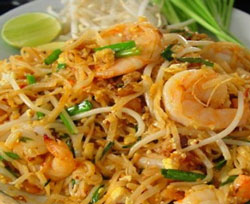 Global Gourmet – Thai Food Global Gourmet – Thai Food
Bet many of you are psyched we picked Thailand in our spotlight this month since we have recently been following suit with food from the featured program location. Well, carry on; we certainly did not want to break from the trend with Thai Food on the line. So many people love the flavors of this country’s cuisine we didn’t dare disappoint.
Herbs and spices are an essential part of Thai cooking. Used in combination, they help achieve a balance of the four essential Thai tastes: salty, sour, spicy, and sweet. Nearly every Thai recipe begins with a paste (such as red, yellow, and green curry). Most Thai pastes start with shallots (or onions), garlic, and green or red chilies. Added to this may be a variety of other spices and herbs, dried or fresh coriander, Thai chili powder, Thai basil, galangal (a relative of ginger), green peppercorns, lemongrass, and turmeric. Kaffir lime leaves are also a common ingredient, lending a uniquely Thai flavor to pastes or simmering dishes.”
Here is a restaurant favorite that doesn’t begin with a paste followed by one that does. Make sure to use authentic ingredients, if you can find them, so you get that distinctive Thai flavor.
Stir-fried Rice Noodles with Shrimp [Pad Thai Goong]
Ingredients
- 12 fresh Shrimp
- 90 gram (3 oz) Dry Rice Noodle (3 - 5 mm)
- 50 gram (2 oz) Fresh Bean Sprouts
- 2 tablespoons Chopped (1") Green Onion
- 6 tablespoons Fish Sauce
- 6 tablespoons Oyster Sauce
- 3 teaspoons Vinegar
- 2 tablespoons Sugar
- 2 tablespoons Preserved Turnip
- 2 tablespoons Crushed Peanuts
- 1 tablespoon Paprika
- 2 Eggs
- 1 or 2 crushed Thai Red Chili Peppers (cayenne will work)
- 1/2 Lemon or Lime
Preperation:
- Soak the Noodles about 30 minutes in room temperature water.
- Heat and season the wok.
- Add the Shrimp and grill for 90 seconds.
- Add the Eggs.
- When the Eggs are not quite finished, add the Noodles, Sugar, Peanuts, Turnips and Paprika.
- Stir Fry until all ingredients are mixed well and the noodles are wilted.
- Season with the Fish Sauce, Oyster Sauce and vinegar.
- Then, add Bean Sprouts, Green Onions and Red Chili (if you want heat, if not, leave them out).
- Stir fry quickly ensuring everything is well combined.
- If you like wet noodle dishes, deglaze with 5 oz. water.
- If you like firmer dry noodles deglaze with only 2 oz. water.
- Place on Serving plate and garnish with more Bean Sprouts and a citrus wedges.
Panang curry with chicken represents the diversity of Thailand's southern region. Panang refers to the island of Penang in Northern Malaysia bordering southern Thailand. Use 4 tablespoons curry paste from a fresh curry paste recipe or 5 tablespoons pre-made curry paste if time does not permit making your own.
Panang Curry with Shrimp 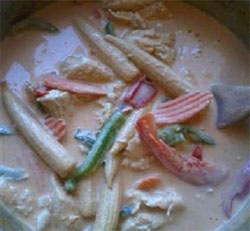
- 5 tablespoons Panang curry paste
- cooking oil
- 4 cups coconut milk
- 2/3 pound skinless, boneless chicken breast, cubed
- 2 tablespoons palm sugar
- 2 tablespoons fish sauce, or to taste
- 6 kaffir lime leaves, torn
- 2 fresh red chile peppers, sliced
- 1/4 cup fresh Thai basil leaves
Preparation:
- Fry the curry paste in the oil in a large skillet or wok over medium heat until fragrant.
- Stir the coconut milk into the curry paste and bring to a boil.
- Add the chicken; cook and stir until the chicken is nearly cooked through, 10 to 15 minutes.
- Stir the palm sugar, fish sauce, and lime leaves into the mixture; simmer together for 5 minutes.
- Taste and adjust the saltiness by adding more fish sauce if necessary.
- Garnish with sliced red chile peppers and Thai basil leaves to serve.
|
